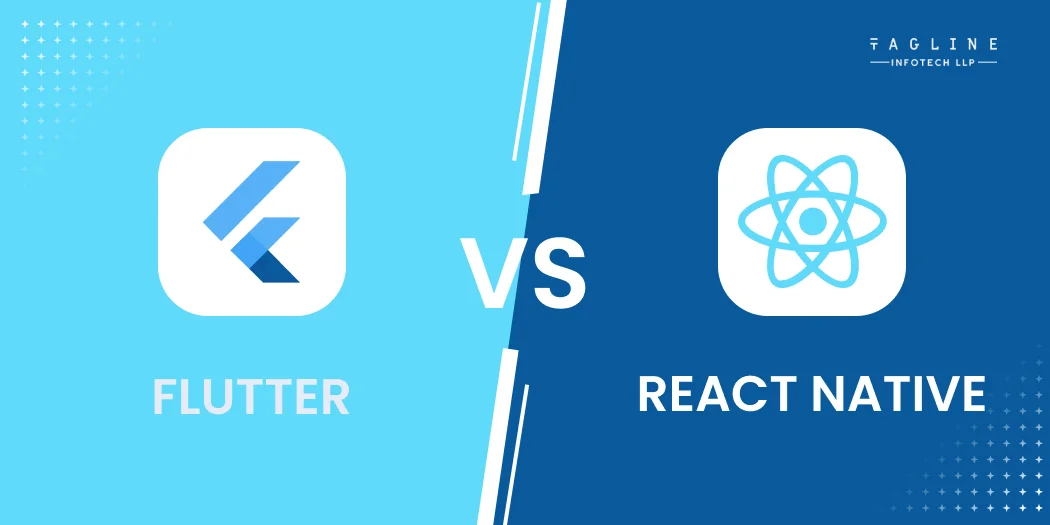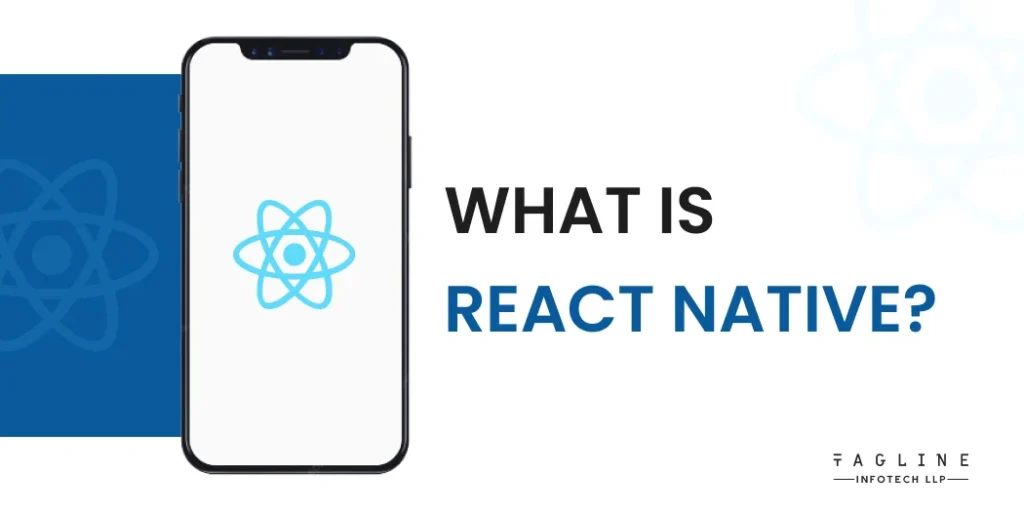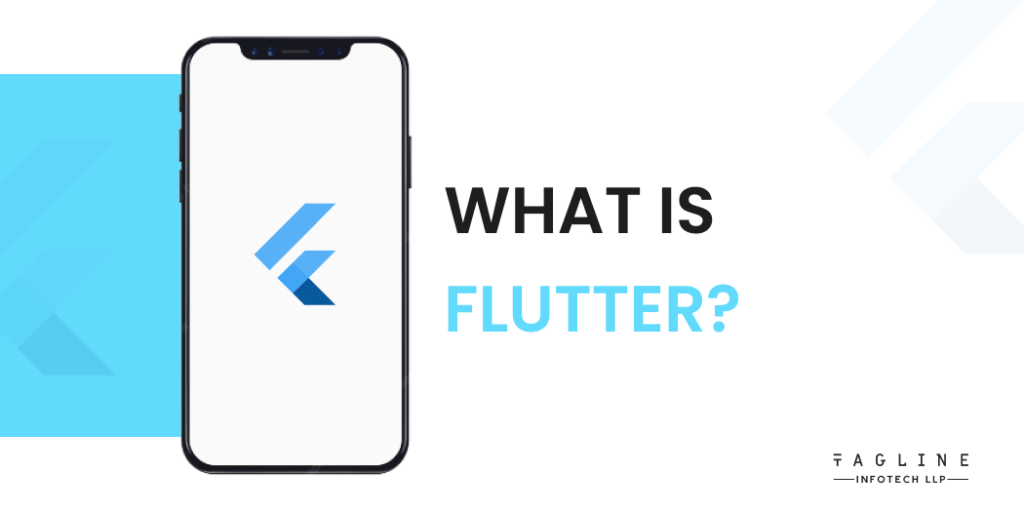Finance & IT Email Marketing: A Data-Driven Approach
February 2, 2026
Home >> Flutter >> Flutter vs React Native: Which is the Best Choice in 2024?

React Native and Flutter are both leading mobile app development technologies. If you are a developer who wants to understand the latest trends and decide which technology is a better choice for you then the difference between Flutter and React Native might be helpful to you.
Here you can see the in-depth comparison of Flutter vs React Native by exploring their strengths, weaknesses, and unique advantages. This comparison will help to determine which is the best choice in 2024 and beyond. In this comparison between Flutter vs React Native performance can help to determine which technology is best for you.

Trying to figure out what is React Native? The answer is simple: it is one of the leading frameworks that is being used to build cross-platform mobile applications. The developers use the JavaScript library to build native-like user interfaces. One of the main advantages of React Native is that anyone can use the same code across multiple platforms.
React Native was introduced in 2015 and it has been a game-changer in the world of cross-platform mobile app development. Its learn-once-and-write-anywhere facility helps to develop separate versions for different platforms like iOS and Android.

If you want to know what is flutter then let me tell you Flutter is written in Dart language that is used to create natively compiled applications for mobile, web, and desktop from a single codebase. Many developers prefer to use Flutter because it offers a wide range of customizable widgets that acts like a building block for different parts of the UI.
Flutter is known for its high performance and developer-friendly features. Its modern syntax, strong type system, and ahead-of-time (AOT) compilation contribute to efficient code execution, resulting in fast and responsive applications.
In the old-fashioned way of app development, developers have to create separate codebases for each platform that increases development timelines, and potential inconsistencies between the different versions of the app. Cross-platform development fixes these issues by enabling the use of a single set of code which is compiled and executed natively on each platform.
While doing a comparison of React Native vs Flutter you need to understand that Flutter and React Native are two of the leading frameworks in the cross-platform app development arena and each offers a unique approach to solve the multi-platform development challenge. Here you can see a clear comparison between React Native and Flutter to determine which is the best option for cross-platform app development.
You can say that the fundamental concept behind cross-platform development is the use of a common language and structure that can be translated into platform-specific code. It helps developers to avoid complexities while they are dealing with various operating systems, device-specific features, and UI elements.
In the comparison of Flutter vs React Native, you can see that these frameworks act as the bridge between different operating systems while the developers can write a single codebase. Explore the basic difference between React Native vs Flutter to determine how these cross-platform development frameworks work.
Want to build a React Native app that breaks down barriers and connects with all users?
Experienced custom React native Developers who has a deep understanding of accessibility principles and can implement them flawlessly.
See the comparison of Flutter vs React Native which is given below to determine which platform can be the best choice for you in the future. Here you can see the comparison of React vs Flutter so that you can understand which one is the best option for you.
| Features | Flutter | React Native |
|---|---|---|
| Release Date | Flutter was released in May 2017. | React Native was released in March 2015. |
| Development Language | Dart is a programming language used to build Flutter apps. | JavaScript is a programming language that can be used to build React Native apps. |
| Codebase | The single codebase is used to create apps for mobile, web, and desktop. | The single codebase is used to create mobile apps for iOS & Android. |
| Community & Support | Flutter is backed by Google and its community is growing rapidly. | React Native is backed by Facebook and it is already supported by a large community. |
| UI Building | It follows a Widgets-based protocol to create highly customizable UIs for the app. | React Native follows a Component-based protocol to build customizable UIs for the app. |
| Hot Reload | Yes, it offers a hot-reload feature to get fast and real-time updates during app development. | Yes, it provides fast and real-time updates during the app development process. |
| Performance | Flutter apps provide close-to-native performance. | React Native apps provide near-native performance. |
| Ecosystem & Packages | The ecosystem of Flutter is constantly expanding but it is not as mature as React Native. | The ecosystem of React Native is Rich that offers a wide range of packages. |
| Learning Curve | It is easy to learn especially if you are familiar with Dart. | It is easy to learn if you are familiar with React. |
| Popularity | Flutter is slowly becoming a popular choice among developers. | It is widely used by developers because it is already established in the development industry. |
| Customization & Design | Flutter developers have full control to design apps and easily create customizable widgets. | React Native developers can utilize strong component models to design the best UI for applications. |
| GitHub Stats | 156k Stars, 25.8k Forks. | 111k Stars, 23.7k Forks. |
| Supported Platforms | Flutter apps are supported on platforms like iOS, Android, web, and desktop. | React Native apps are being used to build iOS, Android, and web applications. |
Now you can determine Flutter vs Native which is the best platform for you to learn. If you are starting to learn a new framework then you should choose React Native because it provides predefined components which you can use to build different types of iOS and Android applications.
Trying to figure out React Native vs Flutter which is easier to learn then don’t worry in this section you can understand which technology is simpler and user-friendly. But if you already have some programming knowledge then you should choose Flutter for app development because it offers various APIs that can be integrated into iOS and Android apps.
Consider that both Flutter and React Native are easy to learn. Some developers may find both frameworks hard to learn if they are trying to learn from scratch. Due to strong community support, any new developer can easily ask questions and get the best answers which can solve their doubts.
We have extensive familiarity with React Native and Flutter platforms at Tagline Infotech, as we use them frequently.
If you need to make a decision between Flutter and React Native based, reach out to our cross-platform expert to select the best platform as per your needs.
In the comparison of Flutter vs React Native, you can see some of the main examples of both platforms. As a developer, you surely want to build fully-featured mobile applications that can easily become popular among users.
“React Native vs Swift: Which is best for iOS App Development?”
– Also Read Article
The bottom line is that in the comparison of React Native vs Flutter, no framework is considered better than others. Each platform is unique and developers prefer to use Flutter or React Native for cross-platform app development. You should hire Flutter developers if you are trying to create applications that require native programming or you should choose React Native platform to build cross-platform apps because it offers plug-and-play modules.
Yes, flutter is faster than react native because react native platform is fully dependent on JavaScript to include native components, and due to the mediator as javascript, the development speed reduces.
Flutter is slightly easier to learn than React Native because Flutter uses Dart programming language and it is quite easy to learn while React Native uses JavaScript which can be hard to learn.

Digital Valley, 423, Apple Square, beside Lajamni Chowk, Mota Varachha, Surat, Gujarat 394101
D-401, titanium city center, 100 feet anand nagar road, Ahmedabad-380015
+91 9913 808 2851133 Sampley Ln Leander, Texas, 78641
52 Godalming Avenue, wallington, London - SM6 8NW